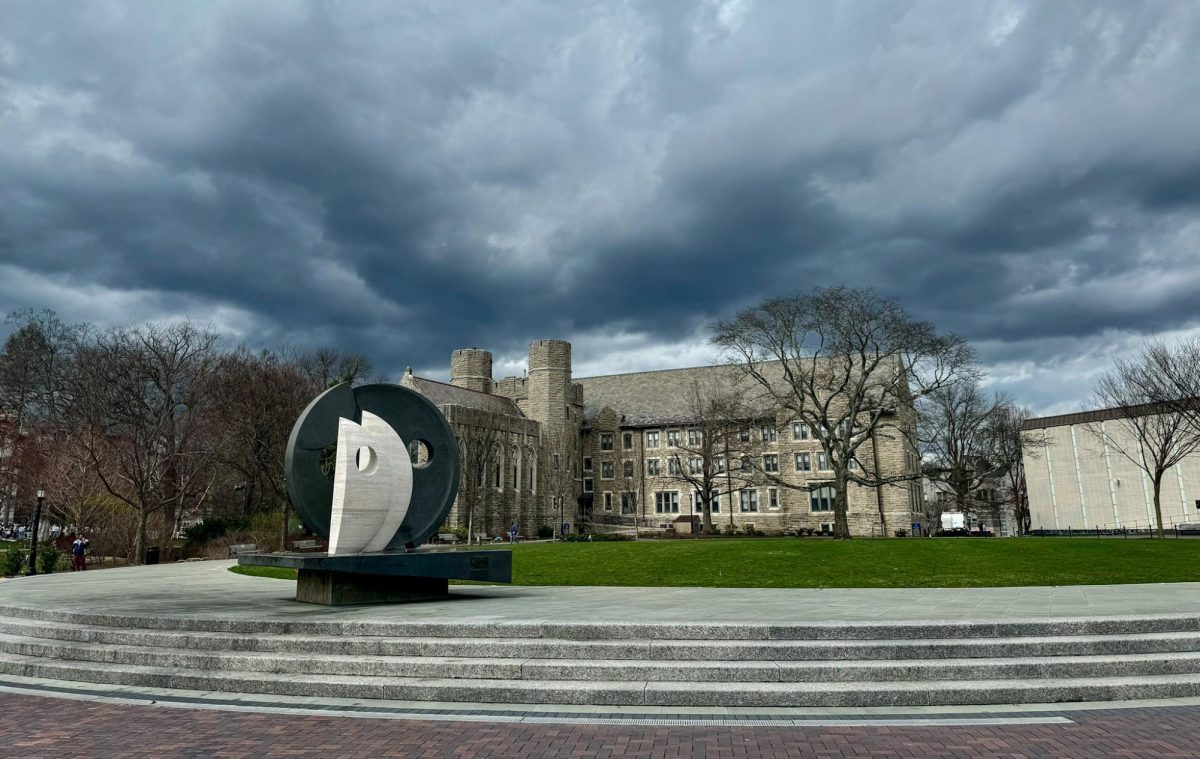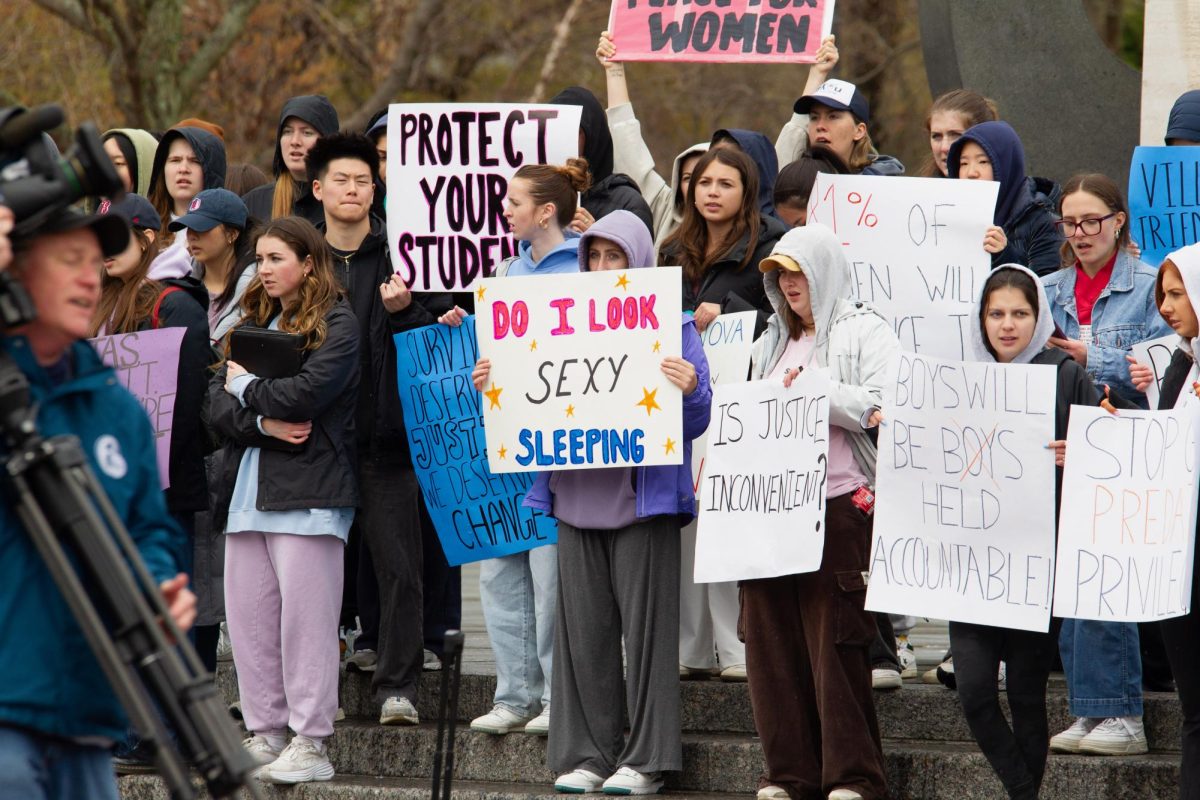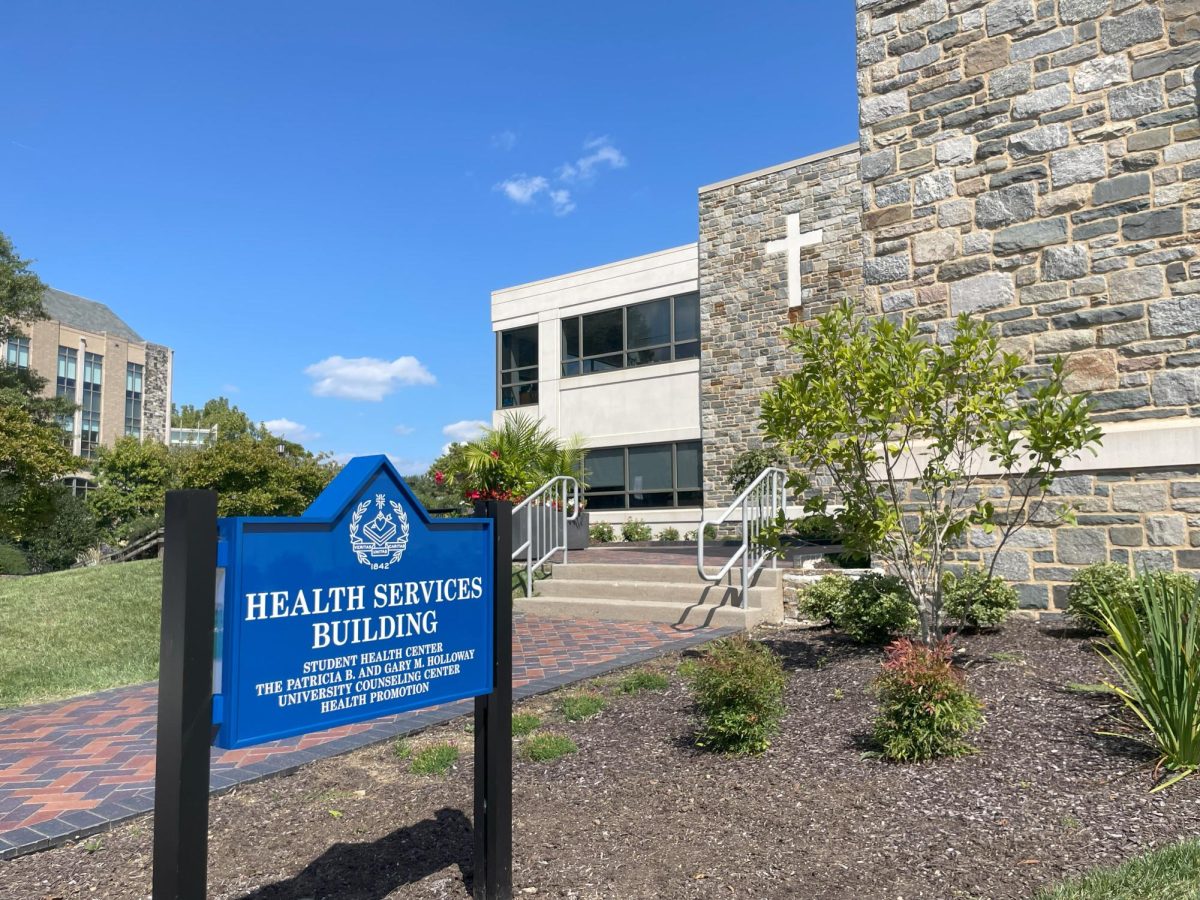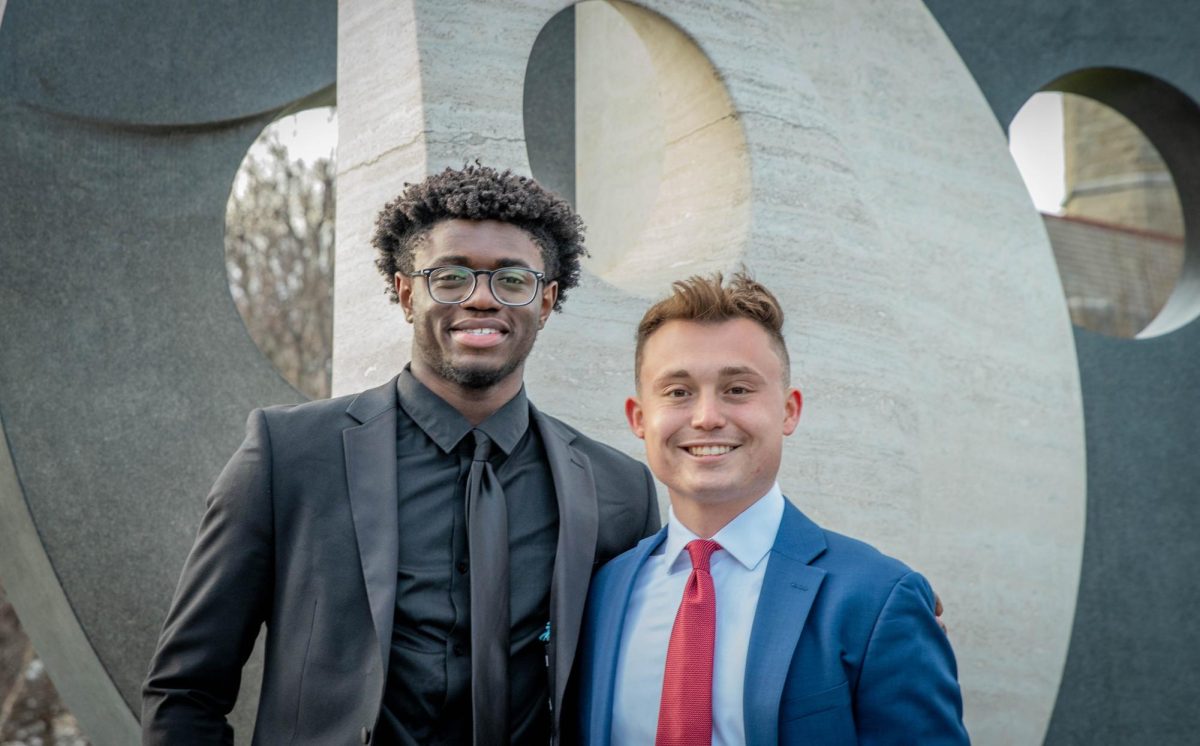This upcoming election, Villanova students’ votes will largely impact the outcome of the contested 2024 Presidential Election between the Republican ticket, former President Donald Trump and junior Ohio Senator JD Vance, and the Democratic ticket, current Vice President Kamala Harris and current Minnesota governor Tim Walz.
Within the past year, voters across party lines have also witnessed the deteriorating health of the current sitting president, Joe Biden, as several news outlets, politicians and media personalities have highlighted certain moments of concern, particularly during the June 2024 debate against Trump that prompted his exit from the race just over a month later.
This summer already, students have witnessed monumental change and certain abnormalities in regards to the Democratic party’s alteration in candidates. This succession of power was considered alarming for some and necessary for others, but for all nonetheless the change in candidacy was unusual.
As part of the political science departments fall 2024 election series, this past Wednesday the University hosted a panel entitled, “Fall 2024 Election Series – Situation Critical: Executive Disability and the Dangers We Face.”
The panel aimed to explore the current guidelines for presidential disability and succession and featured a variety of speakers, including Professor James M. Ronan, adjunct professor of political science at Villanova University; John Feerick, J.D., Dean Emeritus and Sidney C. Norris professor of law at Fordham University School of Law; and other legal scholars and professors.
Ronan has also authored the book on the same material, titled, Living Dangerously: The Uncertainties of Presidential Disability and Succession.
Much like the panel, the book serves as a comprehensive review of succession at and beyond the vice presidency in the event that a president is unfit to continue service.
This issue of “who takes over,” the panel explained has impacted the nation since the constitutional convention. In that regard, the exchange of power is not necessarily never-before-seen, but many students reported the change in candidacy alarmed them.
“It’s not even a partisan thing. I voted with the intent to choose the Democratic Party’s nominee in my state’s primary, but it’s like that doesn’t matter,” a student who requested anonymity said.
According to the 25th Amendment, with a two thirds vote of both houses, Congress is able to dictate if a president is unfit to discharge the duties of office. In this instance, the vice president assumes the position of the president if and until the president is able to return to their position.
As the panel ultimately points out, the current model of succession succeeds to promote continuity in the presidential office in the event of disability.
However, there are also several noticeable flaws within the system, as they described the continuous recurring nature of the problem as well as the dangers associated with external actors.
The model for the succession of power is immensely interesting, while also still posing certain concerns in regard to its modern function.
Ultimately, it is intensely crucial to begin discussing these causes for concerns now before they surprise a national audience, an event which many in and out the political world agree is incredibly possible.







